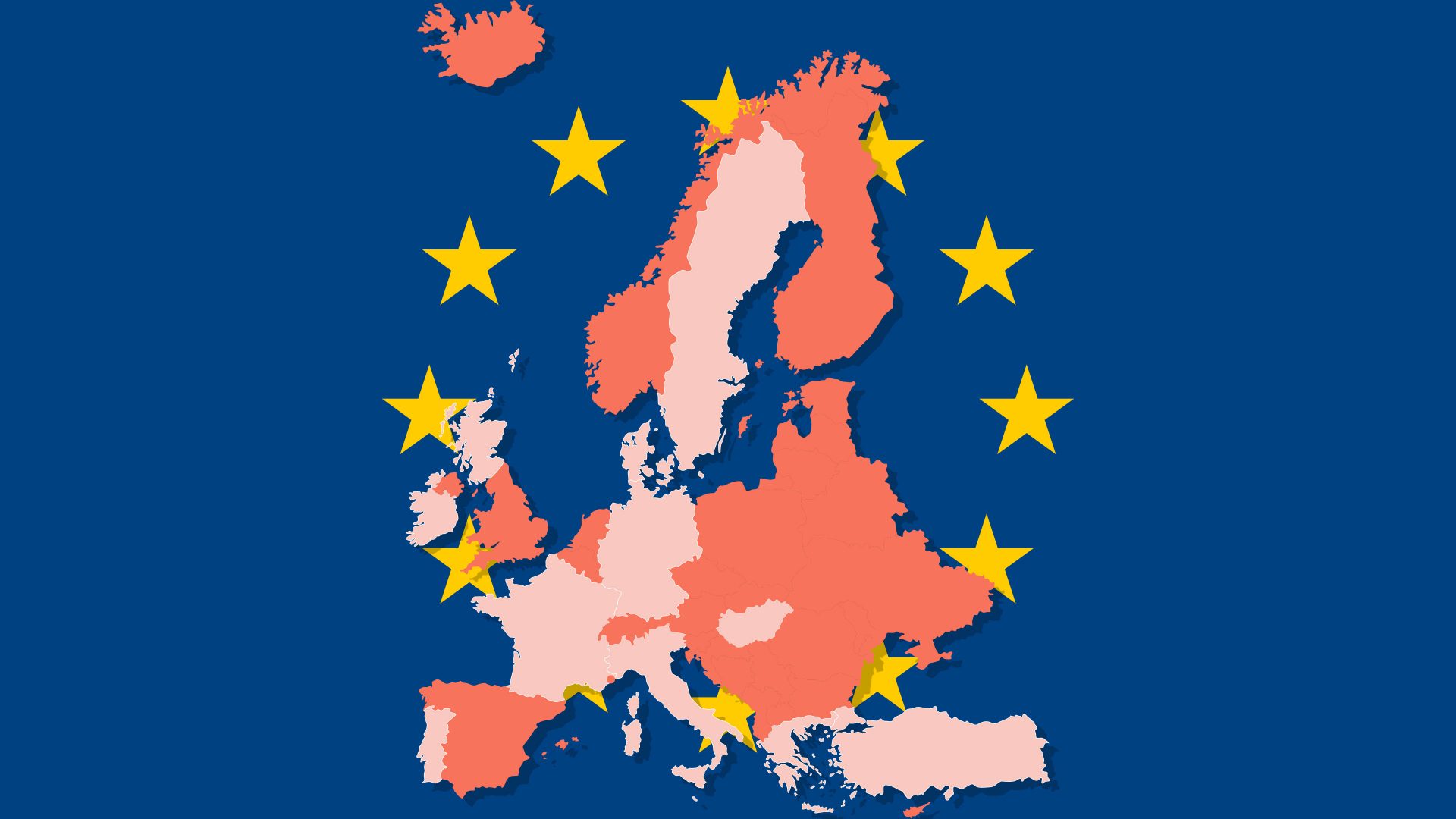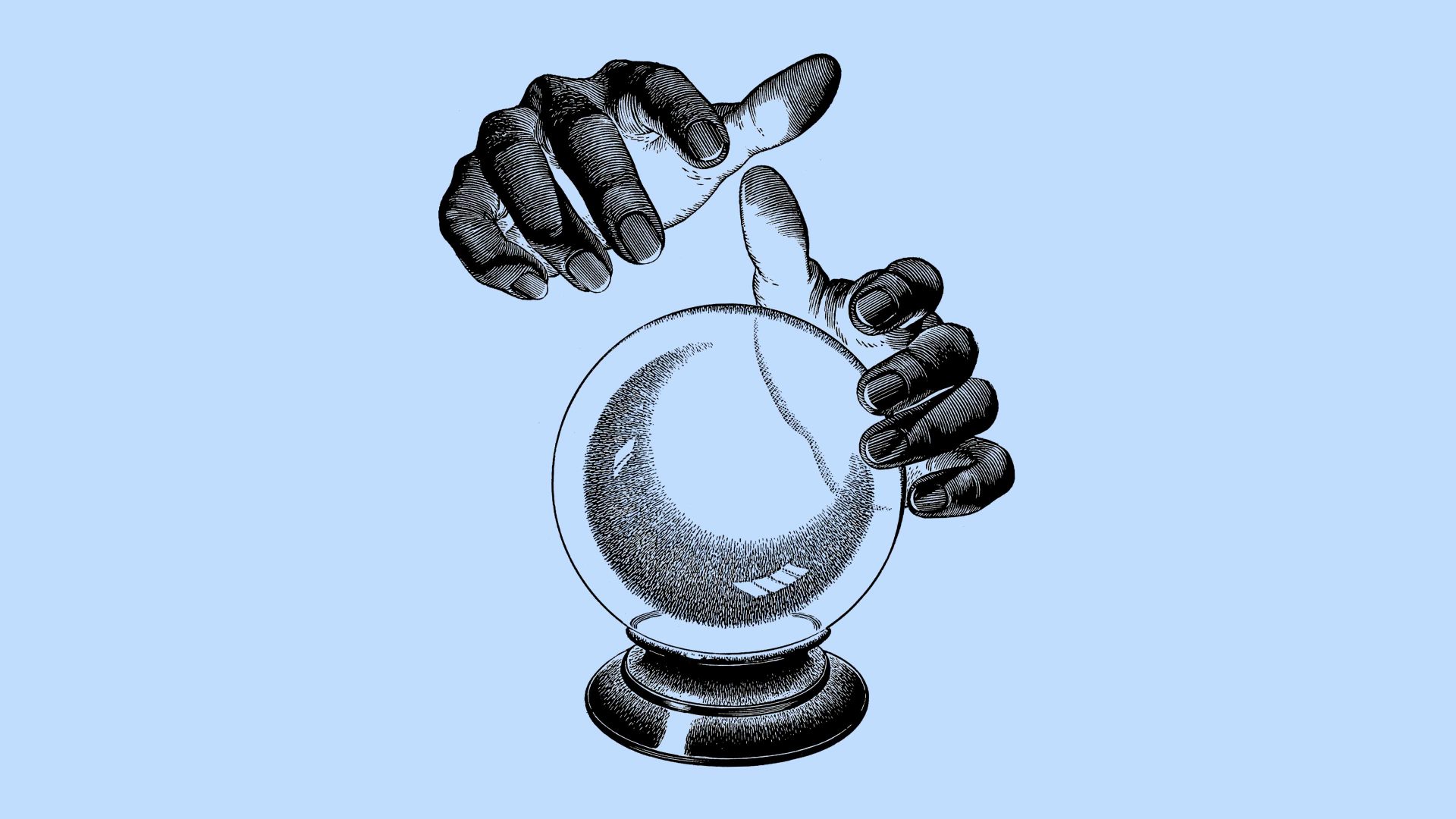SCOTLAND
Bolstered by pro-independence leads in seven of the last eight opinion polls, Nicola Sturgeon pledged “to further strengthen Scotland’s connections with countries across Europe and right around the world” in 2023 as she attempts to build momentum behind a push for IndyRef2. The first minister added her country would “continue to play our part as a good international citizen” by taking more refugees from Ukraine if necessary.
IRELAND
Leo Varadkar, who returned as taoiseach in December, said that his to-do list for the new year included the “long overdue” phasing out of private consultations and operations taking place in public hospitals. “We want to make sure that our public hospitals are for all patients… based on their need, not on their insurance status,” he said. “If people want to have private insurance, that’s their choice. If doctors want to do private practice, that is their choice. But that won’t be happening in our public system.”
FRANCE
There was little good cheer in president Emmanuel Macron’s New Year message, during which he urged the French to continue saving energy if they wanted to prevent power cuts, while doubling down on his unpopular pledge to shake up France’s expensive and unwieldy pension system. Macron’s plan to progressively raise the retirement age from 62 to 65 by 2031 was cited as one reason he lost his parliamentary majority last June, making it harder to pass contentious legislation. But he told the French: “We need to work longer.”
PORTUGAL
Prime minister António Costa began 2023 with a two-page newspaper open letter that said nothing about the scandal which has seen two of his ministers resign. Infrastructure minister Pedro Nuno Santos and treasury secretary Alexandra Reis both quit after it was revealed that Reis received an unauthorised golden handshake of over £425,000 when she stepped down from the board of TAP, Portugal’s national airline. Costa’s message was largely aimed at young voters, and included pledges to decrease tuition fees, build more student housing and help young people get on the housing ladder.
ITALY
Giorgia Meloni began 2023 with a war on wild boars. The right-winger’s first budget included a last-minute amendment which allows Italians to hunt and kill the animals which are increasingly straying into city and town centres, and to eat their meat. It is estimated that Italy’s wild boar population has tripled in 30 years, and that Italy now has 2.3 million – one for every 36 humans.
GREECE
PM Kyriakos Mitsotakis has declared an end to post-bailout austerity for Greeks in 2023, promising higher wages, affordable housing and better health coverage for all. On January 1, pension payouts rose for the first time in 12 years, and Mitsotakis has also scrapped extra “solidarity” taxes, introduced higher pay for state doctors and will increase the minimum wage on April 1.
TURKEY
While president Recep Tayyip Erdoğan said that he would continue to seek “global and regional peace” in 2023 – including continued support for Ukraine and backing for Montenegro’s accession to EU membership even as Turkey’s continues to stall – there was also the kind of sabre-rattling you would expect from a politician struggling in opinion polls ahead of a general election. Erdoğan said Turkey’s 2023 would include “expanding our anti-terror strategy towards eliminating threats at the source; burying terrorists in the trenches they dug, stamping out coup plotters (and) crushing economic hitmen.”
SWEDEN
Prime minister Ulf Kristersson promised a “paradigm shift in Swedish politics” during 2023, including a tough crackdown against the gang violence partly responsible for 60 fatal shootings in the country last year. But Kristersson also opened up a potential rift with the far-right Sweden Democrats, who prop up his right-wing coalition without taking part in government, by saying that Sweden’s six-month EU presidency would include more fines for member countries like Hungary and Poland, who have cut rights for women and the LGBT+ community.
DENMARK
PM Mette Frederiksen told Danes that she will scrap one of their public holidays so she can spend an extra £500m on defence. The springtime Great Prayer Day, which has existed since the 1600s and falls on the fourth Friday after Easter, is likely to go if Frederiksen can overcome opposition from both the left and right. She said: “I sense that the proposal does not have the support of everyone. But, hand on heart, we cannot overcome both war in Europe, the climate crisis and the challenges here at home if we are not – each and every one – ready to do more.”
GERMANY
Chancellor Olaf Scholz claimed his country was “more united than ever” and “working with energy and speed on a good, secure future” as he highlighted the rapid construction of liquefied natural gas terminals to wean Germany off its dependence on Russia, which once provided over 55% of its supply. Scholz opened the first terminal in December, with two more set to open soon. “With these efforts, we are making our country and Europe independent of Russian gas for the long term,” he said.
HUNGARY
Viktor Orbán said Hungary would reduce inflation to single digits and abolish income tax for mothers under 30 – but would also push for the EU parliament to be scrapped after a corruption scandal. Orbán, whose country has been fined for its crackdown on women, the LGBTQ community and the press, gloated that “the executioner is being hanged,” and added: “Brussels bureaucrats feel that they are above the law and can do anything. This swamp must be drained.



